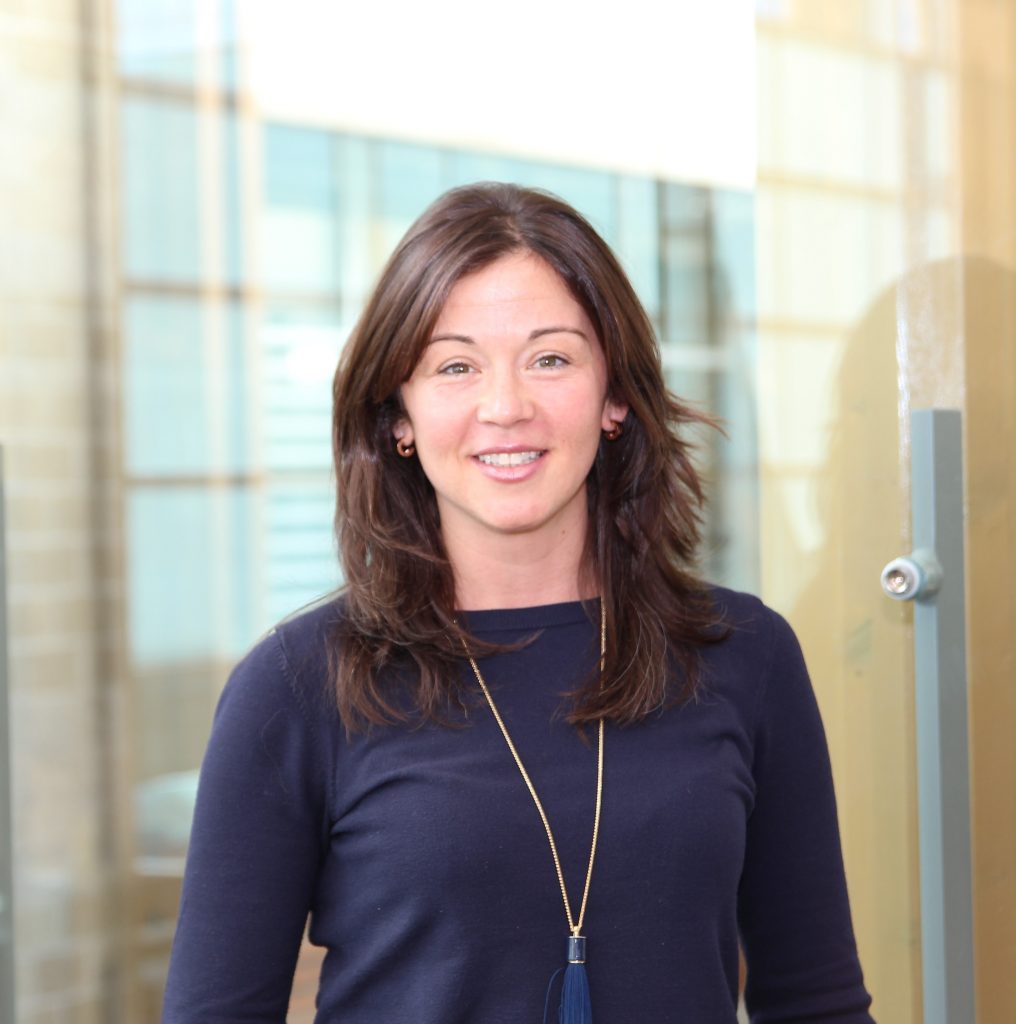Dig Deep with Empathy and Kindess
by Sara Chow
 If you are feeling heightened tension, anxiety, fear, and a lack of control over your life, you are not alone. “Everybody has a story, a struggle and a strength. This is a time to dig deep with empathy and kindness, and to know that we are not alone,” said Dr. McMahan, Ph.D, C.Psych, Director of Adult and Forensic Mental Health at Thunder Bay Regional Health Sciences Centre.
If you are feeling heightened tension, anxiety, fear, and a lack of control over your life, you are not alone. “Everybody has a story, a struggle and a strength. This is a time to dig deep with empathy and kindness, and to know that we are not alone,” said Dr. McMahan, Ph.D, C.Psych, Director of Adult and Forensic Mental Health at Thunder Bay Regional Health Sciences Centre. Physical distancing, self-isolation and self-quarantine are novel situations that our entire world is adapting to. While ‘together we are apart’ has become a tagline for our current social experience, the heightened feeling of collective vulnerability has had many impacts on our lives, including our mental health.
“I think that as a society we are all in shock. We often live our lives in this bubble, and we think that hard things only happen to other people, groups and areas of the world. But, what happens when those things hit home and our bubble bursts? We are realizing that we are just as vulnerable as every other community in this world,” says Dr. Mandy McMahan, Ph.D, C.Psych, Director of Adult and Forensic Mental Health at Thunder Bay Regional Health Sciences Centre. “Right now, we are supposed to be planning for the worst case scenario; we are necessarily in catastrophizing mode and anxious feelings are following those thoughts.”
If you are feeling heightened tension, anxiety, fear, or a lack of control over your life, you are not alone. What’s more, as Dr. McMahan explains, is that what we are experiencing is also a very individual experience. “One individual’s situation and experience is different from another’s. For example, some people may feel overwhelmed at home with their children, while other people are desperate to get more time with their children. Some people are close to burnout in their jobs, while others are desperate to work. Everybody has a story, a struggle and a strength. This is a time to dig deep with empathy and kindness, and to know that we are not alone. The nice thing about being confronted with vulnerability is that we actually see the breadth of peoples’ experiences.”
Dr. McMahan believes that balancing our thoughts is one way to help us cope. “We need to be careful about saying ‘it’s out of our control’, because to some extent there are things that are in our control. We can focus on keeping ourselves and our loved ones well,” she said. “Balancing our thoughts, and thinking in the here and now is important. Be honest and authentic with yourself and speak truth to what’s hard and what’s good. You might be cherishing your moments more, noticing people being more helpful, or colleagues and families getting closer trying to work through their situations.”
Additionally, in order to be well, we need a feeling of being in control, physical activity, fresh air, socialization, and to feel value and purpose. But, we need to find a new way of doing it. It’s not hopeless. Feeling well also includes taking a rest to recover and restore. There is no need to feel guilty that you didn’t take up a new hobby, finish that stack of books on your nightstand or run a marathon. As long as you are choosing to do whatever it is you do with intention, then you are in a healthy place.
“We’re all in this, and the way we are in it is going to be different from one person to the next. Find structure, build purpose into your day,” suggests Dr. McMahan. “There is a difference between a person feeling that you can’t do anything and that you are stuck at home and a person who, with intention, is saying this is my time and I’m going to pause and choose not to clean. When people act with intention and choice that’s a healthy thing.”
When asked what she thought would change when our world returns to a more recognizable everyday life, Dr. McMahan suggested that there would be a period of adjustment. “I think for a lot of people it will take some time before we start feeling safe again because we are in such a state of hypervigilance – everything seems like a threat. But I also think that we will realize how precious those face-to-face meetings are, we will be grateful to send our kids to school, appreciate small businesses and have a deeper appreciation that every human is vulnerable and we all deserve grace.”
For more helpful information and tips about improving or maintaining your mental well-being, particularly during the COVID-19 pandemic, visit: www.cmha.ca.